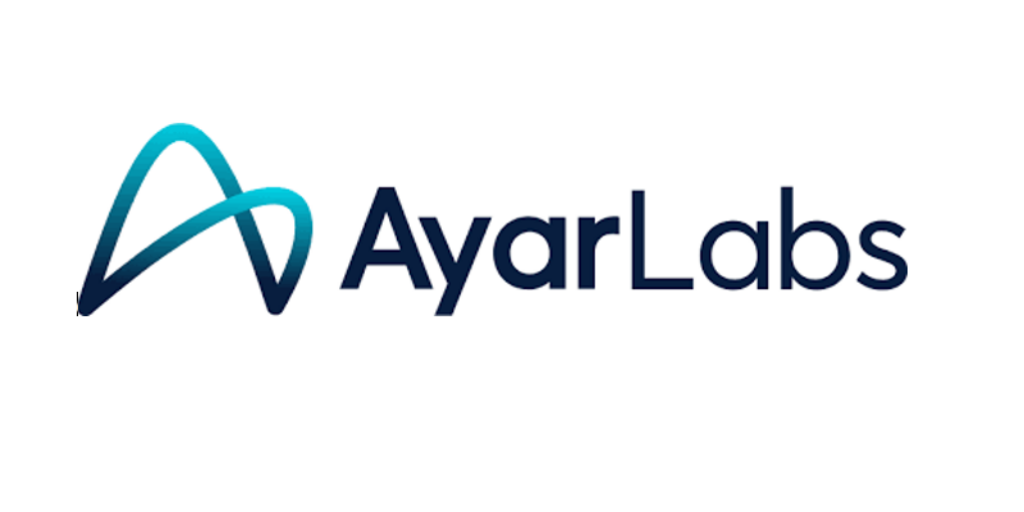LEESBURG, Va., June 07, 2022 — Quantum Computing Inc. today unveiled QAmplify, a suite of quantum software technologies designed to expand the processing power of current quantum computers by up to 20x. QAmplify is intended to supercharge any quantum computer to solve business problems today. The company is actively working with customers and partners in scaling the amplification capabilities of its ready-to-run Qatalyst software, which is designed to eliminate the need for complex quantum programming and runs seamlessly across a variety of quantum computers. QCI has filed for patents on QAmplify technology.
Currently there are two primary technology approaches that deliver a wide range of capabilities spanning the current Quantum Processing Unit (“QPU”) hardware landscape; gate model (e.g. IBM, IonQ, Rigetti, OQC, etc.) and annealing (e.g. D-Wave) quantum computers. Both are limited in the size of problems (i.e., number of variables and complexity of computations) they can process. For example, gate models can typically process from 10-120 data variables, and annealing machines can process approximately 400 variables in a simple problem set. These small problem sets restrict the size of the problems that can be solved by today’s QPUs, limiting businesses’ ability to explore the value of quantum computing.
QCI’s patent-pending QAmplify suite of powerful QPU-expansion software technologies overcomes these challenges, dramatically increasing the problem set size that each can process. The QAmplify gate model expansion’s demonstrated capabilities have been benchmarked at a 500% (5x) increase and the annealing expansion has been benchmarked at up to a 2,000% (20x) increase.
QAmplify maximizes end-user investment in current QPUs by allowing quantum users to transform from science experiments to solving real-world problems without waiting for the quantum hardware industry to catch up. For example, in terms of real-world applications, this means that an IBM quantum computer with QAmplify could solve a problem with over 600 variables, versus the current limit of 127 variables. A D-Wave annealing computer with QAmplify could solve an optimization with over 4,000 variables, versus the current limit of 200 for a dense matrix problem set.
“It is central to QCI’s mission to deliver practical and sustainable value to the quantum computing industry,” said William McGann, Chief Operating and Technology Officer of QCI. “QCI’s innovative software solutions deliver expansive compute capabilities for today’s state-of-the-art QPU systems and offer great future scalability as those technologies continually advance. The use of our QAmplify algorithm in the 2021 BMW Group Quantum Computing Challenge for vehicle sensor optimization provided proof of performance by expanding the effective capability of the annealer by 20-fold, to 2,888 qubits.”



